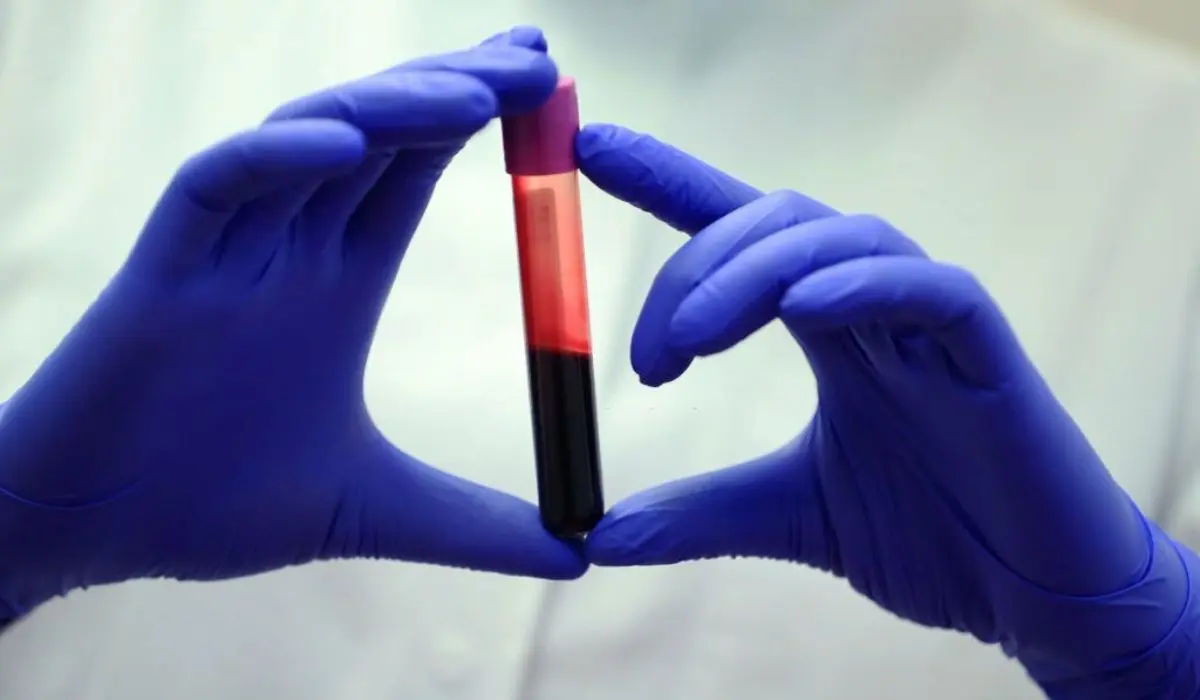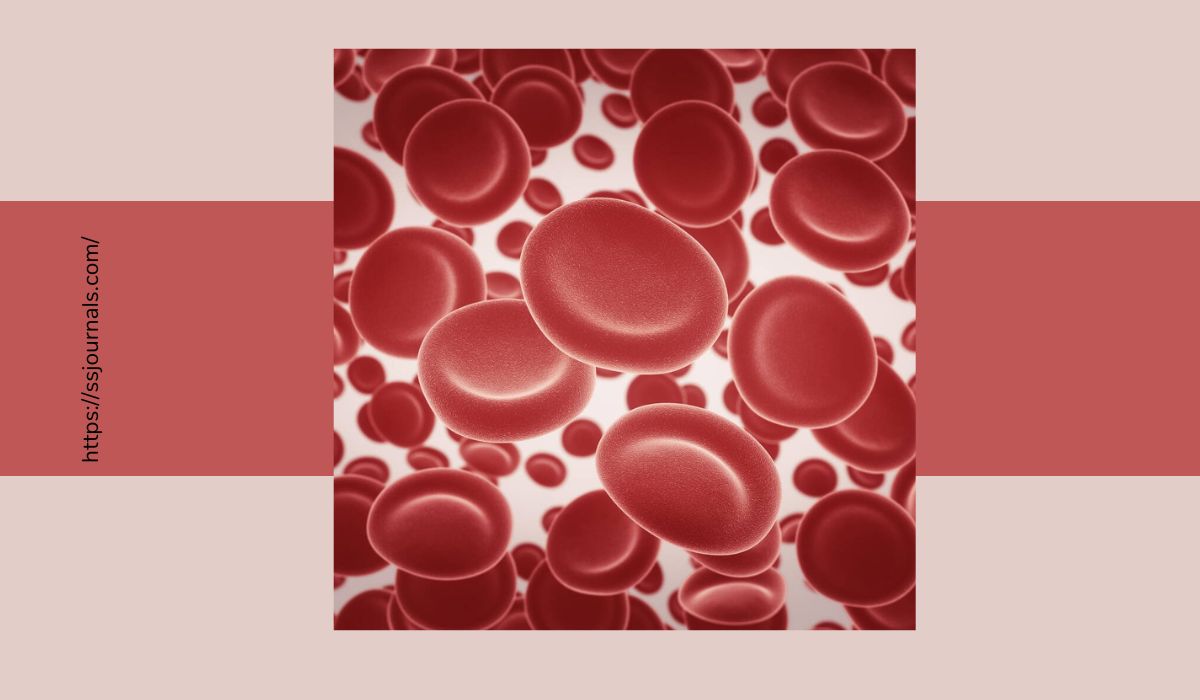Cancer, a formidable adversary affecting millions globally, unfolds its complexities not only within the affected organs but also in the intricate web of the body’s systemic functions. One such area of concern is the alteration in blood parameters, specifically hemoglobin levels.
In this humanized exploration, we aim to decipher the connection between cancer and low hemoglobin, unraveling the nuances of the types of cancer linked to this phenomenon.
Embracing The Role Of Hemoglobin
Let us first get acquainted with the main actor hemoglobin which is central to our effort to comprehend the dance between cancer and reduced hemoglobin. Without this critical protein, oxygen can’t reach every corner of the body from the lungs.

Anemia sets in when hemoglobin dips downward, with its symptoms involving fatigue, weakness, and a limited ability to transport life-giving oxygen.
The Symphony Of Cancer-Related Anemia
Anemia often accompanies the journey of cancer, woven intricately into the narrative either by the disease itself or the side effects of treatments. The reasons behind cancer-related anemia are diverse:
Bone Marrow
Certain cancers and their treatments can mute the bone marrow’s harmonious production of red blood cells, orchestrating a decline in hemoglobin levels.
Inflammation
Cancer often cues the body into a state of chronic inflammation. The inflammatory ensemble can disrupt the birth and lifespan of red blood cells, orchestrating anemia as its somber melody.
The Ebbing Tide
Some cancers, particularly those in the gastrointestinal realm, can induce bleeding, manifest or concealed. This loss of life’s fluid gold contributes significantly to the dwindling count of red blood cells.
The Ballet Of Types
Colorectal Cancer
In the dance between colorectal cancer and low hemoglobin, the gastrointestinal stage takes the center spotlight. Tumors in this tract can lead to slow, insidious bleeding, causing anemia over time.
Gastric
The stomach, host to gastric cancer, too, sways to the rhythm of low hemoglobin. As the lining succumbs to the impact of cancer, it can give rise to bleeding, a silent waltz that dims the count of red blood cells.
Leukemia
Leukemia, the blood’s poetic ailment, disrupts the bone marrow’s cadence. The consequence: anemia, as the production of healthy blood cells, including red blood cells, falters.
Lung Cancer’s Sonata
Non-small cell lung cancer, in its intricate sonata, may contribute to anemia through the notes of chronic inflammation and the production of discordant inflammatory proteins.
Breast Cancer’s Melody
While breast cancer takes a backseat in the direct connection with low hemoglobin, its treatments, especially chemotherapy, may join the ensemble by influencing the bone marrow, potentially leading to anemia.
Harmonizing Support For Cancer-Related Anemia
Mitigating low hemoglobin levels in cancer’s presence involves a delicate interplay of addressing root causes and providing tender care. The instruments in this symphony of treatment may include:
Transfusion Ballet
In the grand performance of severe anemia, blood transfusions take the stage, gracefully replenishing red blood cells and restoring the body’s ability to carry life’s breath.
ESAs’ Serenade
Erythropoiesis-stimulating agents (ESAs) compose a serenade that stimulates the production of red blood cells. This therapeutic melody may be orchestrated to alleviate anemia in certain cancer patients.
Iron’s Interlude
Iron, the unsung hero, forms the backbone of hemoglobin. In cases where its absence contributes to anemia, iron supplements join the ensemble, restoring this vital component.
Cancer’s Dance with Treatment
Ultimately, addressing the underlying cancer through the choreography of surgery, chemotherapy, radiation, or targeted therapies takes center stage, promising a harmonious resolution to anemia associated with the disease.
Conclusion
In conclusion, the narrative between cancer and low hemoglobin levels is as intricate as a well-rehearsed ballet, with various types of cancer contributing unique movements to this symphony.
Recognizing and addressing low hemoglobin becomes a poignant chapter in the quest to enhance the quality of life for those embroiled in the battle against cancer. As the research spotlight continues to unveil the subtle connections between cancer and blood parameters, a promising encore emerges — advancements in both cancer treatment and supportive care. In this symphony of life, the hope is for brighter, more harmonious outcomes for those navigating the challenging corridors of cancer.
Related: Can Anemia Cause Weight Gain? What You Need To Know
FAQ
Hemoglobin, a crucial player in our body’s orchestra, ensures the smooth transport of oxygen from our lungs to every nook and cranny. A decrease in hemoglobin levels signals anemia, impacting overall health and vitality.
Cancer’s impact on hemoglobin levels is diverse. Tumors, chronic inflammation, and certain cancer treatments can throw off the rhythm by suppressing bone marrow, inducing inflammation, causing blood loss, and more, all contributing to low hemoglobin.
Colorectal cancer, gastric cancer, leukemia, lung cancer, and, to some extent, breast cancer (particularly due to treatments like chemotherapy) are frequently associated with low hemoglobin levels.
Absolutely. Anemia linked to cancer can be addressed through various methods. This includes blood transfusions, the use of erythropoiesis-stimulating agents (ESAs), iron supplements, and dealing with the root cause through surgeries, chemotherapy, radiation, or targeted therapies.
Cancer’s trigger of chronic inflammation disrupts the normal rhythm of red blood cell production. The resulting inflammatory proteins interfere with this process, adding to anemia’s complexities.

